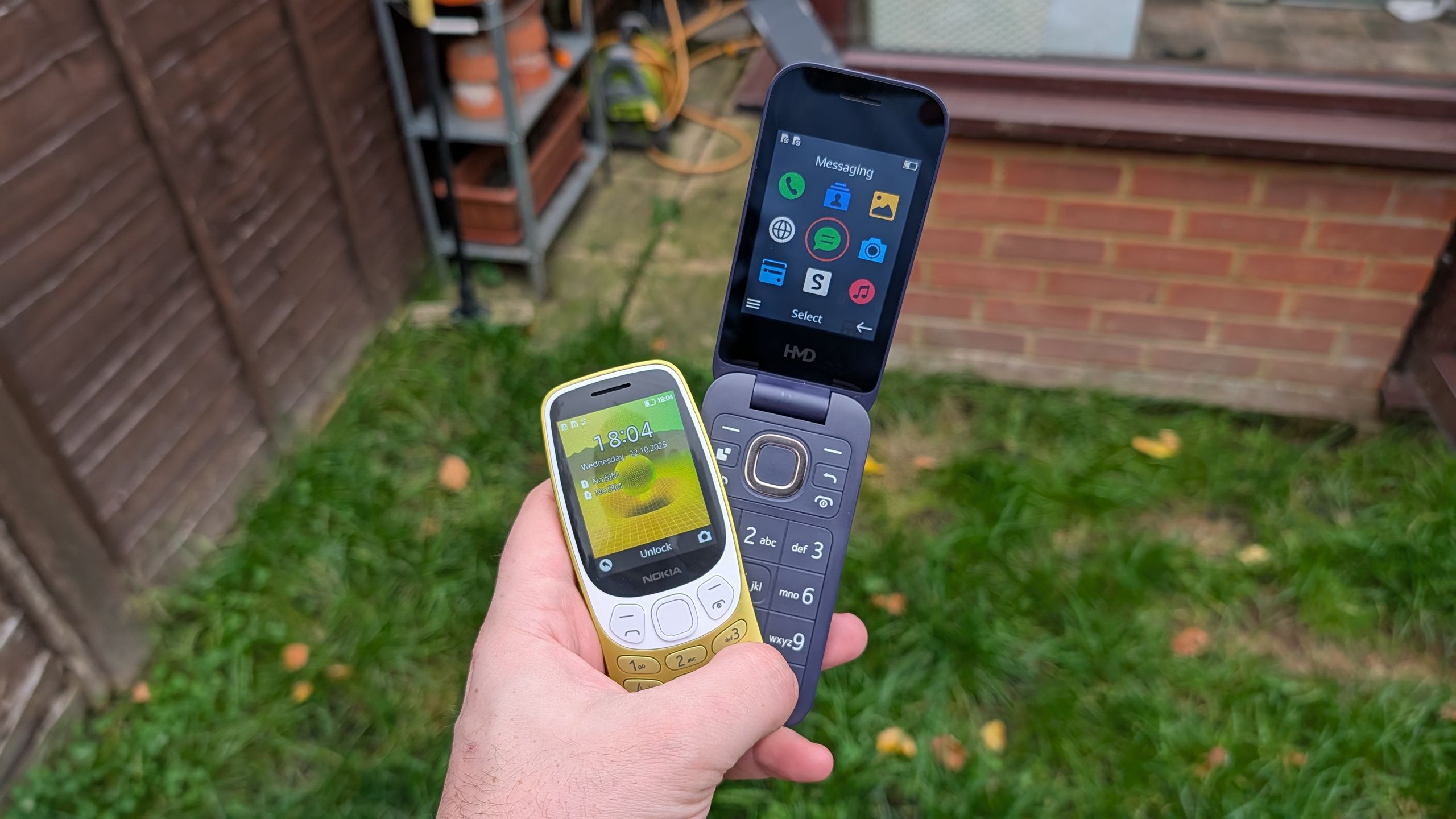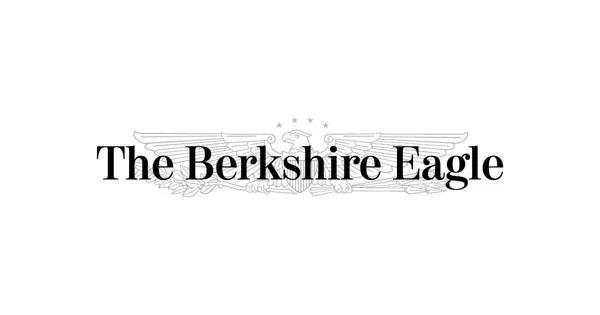Copyright tribuneonlineng

REAL estate is one of the most visible professions in society, shaping where people live, work, and invest. Yet, in recent years, the industry has faced rising criticism over ethical lapses that undermine public trust. From allegations of sexual harassment and discrimination to opaque commissions, misleading marketing, and misuse of client data. The culture and conduct of real estate practice have come under scrutiny worldwide. At the heart of these challenges lies the structure of the industry itself. Many practitioners work as independent contractors with limited oversight, while the traditional commission-based model rewards closing deals rather than safeguarding clients’ interests. The result is an environment where ethical risks are easily overlooked in pursuit of profit. In markets like Nigeria and across Africa, these concerns are compounded by weak regulation, inadequate consumer protection, and the rapid adoption of digital technologies without corresponding safeguards. The ethical dilemmas cut across several areas. Agents are often caught in conflicts of interest, balancing loyalty to clients with pressures from referral fees or in-house deals. Misrepresentation of property details remains a recurring problem, eroding confidence in the profession. More troubling are cases of discrimination, harassment, and toxic workplace cultures that make it difficult for women and younger professionals to thrive. Added to this is the growing risk of money laundering through property transactions and the rising use of artificial intelligence in valuations and tenant screening tools that, if unchecked, may reproduce bias and privacy violations. The good news is that solutions are within reach. Regulators and professional bodies must strengthen licensing and disciplinary processes, ensuring that ethical breaches carry real consequences. Firms need to move beyond mere compliance and embed integrity into their culture by redesigning incentives, publishing clear codes of conduct, and providing safe reporting channels for misconduct. Transparent disclosure of commissions, fair housing commitments, maintenance of reliable and up-to-date data banks, and whistleblower protections are essential steps. Equally, technology should be governed with care, data privacy safeguards, bias testing, and human oversight must accompany the growing reliance on digital tools. Ultimately, restoring trust in real estate requires more than rules; it demands a cultural shift. Leaders in the profession must set the tone by valuing fairness, accountability, and dignity alongside sales performance. If ethics become part of the industry’s DNA, the sector will not only protect consumers but also strengthen its reputation as a vital steward of homes, communities, and the built environment. •Odunfa is a real estate surveyor and planner



